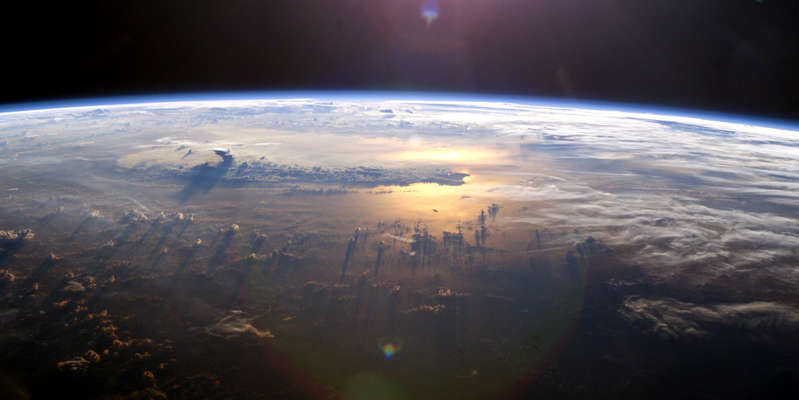
People began to influence nature 12 thousand years ago
It is generally accepted that people began to exert a global influence on nature only in the last 100-150 years, after the start of the industrial revolution. But a study by the University of Maryland (USA) refuted this thesis. According to new data, already 12 thousand years ago, three quarters of the land on Earth were inhabited by people, according to New Scientist.
So, back in 10,000 BC, mankind “captured” 72.5% of the earth, including more than 95% of temperate and 90% of tropical forests.
“Our work confirms that untouched nature was almost as rare 12 thousand years ago as it is today,” noted the author of the scientific work Earl Ellis.
According to scientists, the scale of human impact on nature is often underestimated. Researchers do not take into account the trail that the ancient hunters and gatherers left, and meanwhile they influenced the surrounding landscape.
Lands that are now considered natural, unspoiled, or wild tend to have a long history of human interaction. Examples include North American national parks, Amazonian forests, or African hunting grounds.
But, as the scientists emphasized, the human influence was not negative. They found that the ancient tribes lived in areas of high biological diversity, and their activities did not lead to the beginning of mass extinctions. Moreover, people even supported the surrounding ecosystems.
The study says that it is not the land use itself that harms nature, but the way in which people obtain natural benefits. To protect natural areas, you do not need to completely cleanse them of traces of human presence – you just need to change the approach to the exploitation of resources.
“You can have traditional land use while conserving biodiversity. The study shows that high biological diversity is compatible with people living in these landscapes, and in some cases is the result of their activities, “- noted the authors of the scientific work.
Scientists called on modern people to follow the example of indigenous tribes and protect their natural habitats from destruction. Earlier, experts calculated how much of the Earth remains untouched by man. It was estimated at 3% of the total land area.

